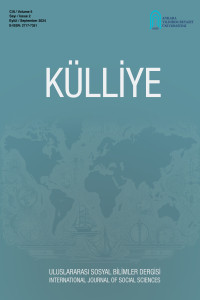Research Articles
Issue Reviewers

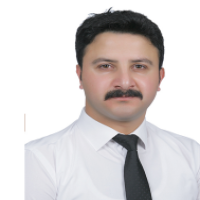
 0000-0001-8910-7581
0000-0001-8910-7581
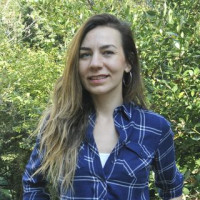

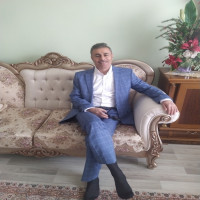
 0000-0003-1323-4685
0000-0003-1323-4685

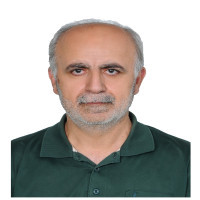
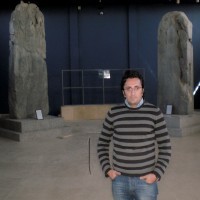
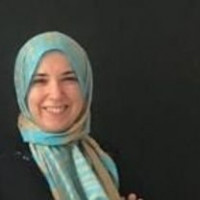
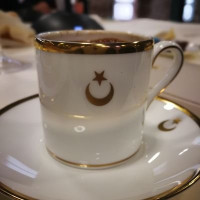
 0000-0003-1389-5512
0000-0003-1389-5512

 0000-0002-7097-8691
0000-0002-7097-8691
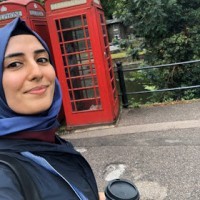
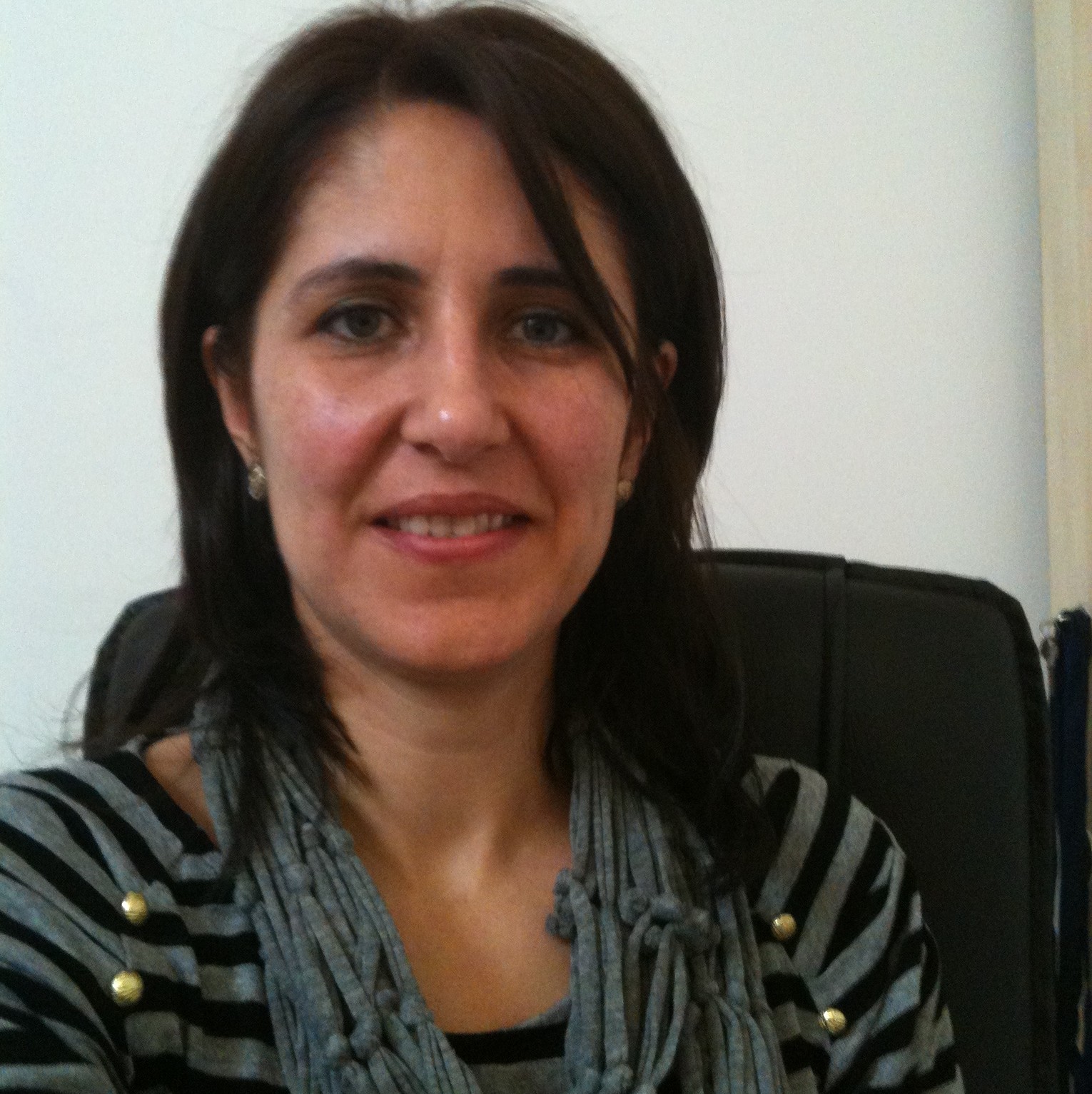
 0000-0002-8855-8556
0000-0002-8855-8556
Aim & Scope
Ankara Yildirim Beyazit University International Journal of Social Sciences, Kulliye, publish scientific researches in the globalized world that spread from the local to the universal, accepting the human factor as the main factor, attaching importance to the quality more than quantity, and that will contribute to the Social Sciences theoretically and methodologically. Accordingly, the Journal of Kulliye aims to reach the international level of researches and to gain new perspectives and approaches to researches.
Kulliye journal includes original or compilation articles that bring new perspective to the field in Turkish, English and Russian etc. languages. In addition to articles, the journal publishes scientific translations and promotions of books.
Ankara Yildirim Beyazit University International Journal of Social Sciences, Kulliye, publishes original research articles written in the fields of philology, educational sciences and teacher training, fine arts, law and theology, primarily in the field of social, humanities and administrative sciences, prepared according to scientific criteria.
Kulliye is an academic, international, refereed and free journal that is published twice a year, the period of March and September.
Author Guidelines
a. At the beginning of the article, which will be uploaded to the article tracking system, minimum 150 words-maximum 200 words in Turkish and English abstract, 3-5 words for keywords; Turkish and English titles should be included. It should reflect the purpose, scope and outcome of the study in English and allow readers to quickly determine the content of the article. Articles written in foreign languages - in addition to Turkish and English - must include title, abstarct and keywords in the article language. Care should be taken not to have language mistakes in foreign summaries. Abstact and Key Words must comply with international standards such as Medical Subject Headings, CAB Theasarus, JISCT, ERIC.
b. Members who send/submit articles to our journal are required to add the Orcid Number to their user credentials.
c. It should be compatible with the content, it should be the title that best expresses it, and it should be written in capital letters, aligned with 12 pt bold and without the beginning of the paragraph and indentation. The head should be as short as possible.
d. Titles in the article should be bold, only the first letter of each word should be capital, left aligned and no other formatting should be included.
e. The main text should be written with a minimum of 2200 and a maximum of 5000 words using an IBM compatible computer and Microsoft Word software program.
f. An article should include an abstract, an English summary, parts of the main text, an English Extended Abstract, a bibliography and (if any) appendices. “Introduction” and “Conclusion” sections must be present. The “result” should be in accordance with the purpose and scope of the research; should be given in outline and concisely. Valid scientific methods should be followed in the preparation of the article, the subject, purpose, scope of the study, the reason for its preparation, etc. information should be given in sufficient quantity and in a certain order. Matters that are not mentioned in the text should not be included in the "Conclusion". Main, intermediate and sub-headings can be used to provide a certain order.
g. After the article is accepted for publication, approximately 5-15% of the article (consisting of 500-750 words) should include an extended abstract in English after the conclusion part of the study. The extended summary should contain information about the purpose, problem, method, findings and conclusions of the research, as in the "self". This is important so that published articles can be cited abroad. It should not contain any findings or results that are not included in the research text. In the extended summary, references to the information in the text (eg as stated on Page 2; as we mentioned in the introduction, etc.) should not be made. Articles written in English do not need to have an Extended Abstract.
h. In studies supported by a research institution/organization (BAP, TUBITAK, Ministry of Development, etc.), the name of the institution/organization and the project, if any, date and number should be indicated with footnotes.
I. The name, place and date of the meeting should be stated in the congress and symposium papers.
i. In book introductions and translations, the "title, keywords and abstract" must be in English. In book promotions, at the beginning of the article, the cover image and tag of the book to be promoted (print date, edition, place of publication) should be included. In translations, the name of the translated book/publication should be indicated with footnotes.
j. Articles that are not prepared according to the rules of our journal in citation and bibliography will not be accepted unless corrected.
k. Manuscripts should be written in Microsoft Word program and page structures should be arranged as follows: The format used for citing references is APA (American Psychological Association) Style 7th Edition. Both in citations and in the bibliography, authors should follow the spelling rules and format specified in the American Psychological Association Publication Guide published by the American Psychological Association.
l. Similarity report to be obtained from http://www.ithenticate.com/ with the articles (no filtering should be done) should also be uploaded as an additional file (Master's Doctorate students can receive a similarity report through their advisors or with the account of any faculty member. If the affiliated university has an iThenticate subscription A similarity report can be obtained free of charge from the site in question).
m. For articles that use a special font, the font used should also be sent with the article.
n. Spelling should not be done at the end of the line. Instead of the “TAB” key at the beginning of the paragraph, the “ENTER” or “RETURN” key should be used. Punctuation marks should be written adjacent to the words before them. A one-letter space should be left after the aforementioned signs.
o. Details such as page numbers, headers and footers should not be included in the articles. Footnotes are used only for mandatory explanations and are given automatically with the "FOOTNOTE" command. References here should also be arranged in parentheses with the surname of the author, publication year and page number of the work. Example: (Kaya, 2000, p.15). The work used in the footnote must be included in the bibliography.
ö. Quotations: One-to-one quotations in the article should be given in quotation marks, and at the end of the quotation, the source should be indicated in parentheses according to APA rules. Quotations less than five lines should be italicized between sentences, and quotations longer than five lines should be italicized within 1 cm from the left of the page and with a 0.5 cm indentation. References should only be cited in parentheses at the end of non-literal citations.
p. Pictures should be bright, hard (high contrast). In addition, the rules given for figures must be followed. Figures, tables and photographs should not go beyond the writing area, and if necessary, each should be placed on a separate page. Figures and tables should be numbered and named according to their content. Numbers and headings should be written below the figures and above the tables. Only the first letters of the titles of tables and figures should be written in capital letters. Tables must be made with the table command in the "Microsoft WORD" program. In necessary cases, "Microsoft EXCEL" tables can be used. Where necessary, explanatory footnotes or abbreviations should be given just below the figures and tables. Figures, tables and pictures should not exceed ten pages.
r. If abbreviations are to be used, the abbreviations specified in the Turkish Language Institution Spelling Guide should be taken as basis.
s. APA 7 should be used as the citation system in the article. There must be a bibliography at the end of the article.
Paper Size
A4 Vertical
Top Margin: 2,5 cm
Bottom Margin: 2,5 cm
Left Margin: 2,5 cm
Right Margin: 2,5 cm
Font: Times News Roman
Font Style: Normal
Type Size (Regular Text) 12
Type Size (Footnote Text)10
Table-graphic: 10
Paragraph Entry (First Line): 1 cm
Paragraph Spacing: Before 6 nk, after 0 nk (Table and graphic – before and after 0 nk)
Line Spacing: 1,15
References: Hanging and indentation 0.63 cm, Alignment: Justify, Range before 6 nk, then 0 nk, line spacing 1.15 cm.
Citation
In-text references (citations) and bibliography are based on the 7th edition of the APA system. Click here to access the writing rules.
Ethical Principles and Publication Policy
Ethical Principles
Kulliye is aimed to publish scientific research in the globalized world in the broadest boundaries that spread from local to the universal, accepting the human factor as the primary element, attaching importance to quality rather than quantity, and which will contribute to the Social Sciences theoretically and methodologically. Accordingly, the Journal of Kulliye aims to reach the international level of researches and to gain new perspectives and approaches to studies.
Publishing processes implemented in Kulliye are the basis for the development and distribution of information in an objective and respected way. Refereed studies exemplify and promote the scientific method. The processes performed in this way are directly reflected in the quality of the work of the authors and the institutions supporting the authors. All stakeholders are expected to bear the following ethical responsibilities within the scope of the publication ethics of the Kulliye.
Ethical Guidelines for Authors
Kulliye Journal does not require a signed application letter from all authors of an article. In addition, it does not make imperative applications to the authors. All authors applying to Kulliye Journal are expected to voluntarily comply with international standards (ethical principles determined by the Publication Ethics Committee (COPE). https://publicationethics.org/).
●It is the author's responsibility to ensure that the submitted article will contribute to academic fields.
●The studies should be original and based on research.
●The article should not be sent to different journals at the same time and should not have been sent to another journal before.
●It should be ensured that other authors whose names will be written in the article contribute to the research. It is against scientific ethics to show non-academic contributors as additional authors or to rank authors based on non-scientific criteria such as title, age and gender, regardless of the order of contribution.
●It is assumed that the authors who submit articles to the journal have read and accepted the publication and writing principles of the journal, and the authors are deemed to have committed to what is expected of them in these principles.
●Citations and bibliography must be complete.
●Authors should take into account the Scientific Research and Publication Ethics Directive, which is also specified by the Council of Higher Education.
Ethical Guidelines for Reviewers
Reviewers are required to comply with international standards of review after accepting the invitation to review. The referees of Kulliye Journal are expected to voluntarily comply with international standards (ethical principles determined by the Publication Ethics Committee (COPE). https://publicationethics.org/).
● Referees should act with the awareness that they are the most basic determinant of the academic quality of the article to be published in the journal and should evaluate it with a view increasing the academic quality.
● Referees should only accept the articles that they have the expertise necessary to make an appropriate appraisal. Also, they should only accept the articles that they can adhere to the double-blind peer-review secrecy and they should keep the details of the article in every way confidential.
● Reviewers should be aware that the peer review process is confidential and should not be shared with anyone outside the process.
● Referees should only evaluate the correctness of the content of the articles and the appropriateness of the academic criteria. The opinions put forth in the article by authors may differ from those of the referees. The differences should not affect the evaluation.
● Referee reports should be objective and moderate. Defamatory, derogatory and accusatory statements must be avoided.
●Referees should avoid superficial and ambiguous expressions in evaluation reports. For the evaluations that resulted negative, the missing points and imperfections of the article must be shown clearly and concretely.
● Referees must evaluate the articles within the time-frame granted to them. If they will not evaluate the article, they must notify the journal within a reasonable time.
Ethical Guidelines for Editors
Editors and members of the Editorial Board are required to comply with the international standards of the Editorial Board. The editor and editorial board members of Kulliye are expected to voluntarily comply with international standards (ethical principles determined by the Publication Ethics Committee (COPE). https://publicationethics.org/).
●Editors should accept articles that will contribute to the relevant fields specified in the journal policy, into the evaluation process.
●Editors should not have any conflict of interest/relationship with accepted or rejected articles.
●Editors have full responsibility and authority to accept or reject an article.
●It is the editors' responsibility to keep the names of the referees and authors mutually confidential.
●Editors should make every effort to screen for plagiarism of articles submitted for publication and thus to prevent academic dishonor.
●The editors have to complete the preliminary review, refereeing, editing and publishing processes of the articles submitted to the journal in a timely and healthy manner.
●Editors should prioritize academic concerns and criteria when accepting articles to the journal.
Ethical Rules for Readers
When the reader notices an important error or inaccuracy in an article published in the Kulliye, or has any complaints about the editorial content (plagiarism, duplicate articles, etc.), they can make a complaint by sending an e-mail to kulliyedergisi@ybu.edu.tr. We welcome complaints as they provide an opportunity for us to improve, and we aim to respond quickly and constructively.
Publication Policy
Kulliye (Ankara Yıldırım Beyazıt University International Journal of Social Sciences) is an international and peer-reviewed journal that publishes research in the fields of social sciences, especially philology, sociology, philosophy, history, psychology, and is published 2 issues a year, in March and September, apart from special issues. The publication languages of the Kulliye journal are Turkish and English. Those who want to submit an article for publication to the Kulliye should submit their work here by becoming a member of the Article Tracking System at https://dergipark.org.tr/tr/pub/aybukulliye. Kulliye is an electronic journal. Therefore, all processes from the application to the publication of the manuscript are carried out electronically within the DergiPark system. Adding an article to the electronic system of Kulliye Journal is accepted as an application for publication and the evaluation process of the article begins. No royalties are paid for the articles. Articles are not accepted via e-mail. The criteria for originality and contribution to the field are sought in the studies submitted to the journal.
Kulliye has a strict understanding of publication against plagiarism and predatory journalism. Therefore, the authors who want to submit their manuscript to the Kulliye must be original and research-based, by the publication rules and with an Ithenticate plagiarism report (the similarity rate should not exceed 15%), not published elsewhere or sent for publication; presentations made in symposiums and congresses should not have been published before. At the same time, authors are required to pay attention to the level of contribution of the authors to the research in studies with more than one author, and to declare that they have read and accepted the publication and writing principles of the journal. On the other hand, the Kulliye attaches importance to the fact that the referees, who are one of the most important stakeholders of the academic publication process, act with the awareness that they are the most basic determinants of the academic quality of the studies and act by the responsibility of increasing the academic quality during the evaluation phase of the studies to be published. For this purpose, the Kulliye is committed to submitting the studies to be evaluated to referees who are suitable for their fields of expertise and academic experience. It gives priority to the referees to pay attention only to the accuracy of the content of the articles and their compliance with academic criteria, that their reports are objective and measured, and that they complete their evaluations in the time given to them. Accepting studies that will contribute to the fields addressed by the journal, preliminary evaluation, from the editor, assistant editors and others responsible for the journal to ensure that the academic publication process is carried out healthily. It is expected that they will reject the works that do not meet the specified criteria. However, it is the primary responsibility of the concerned people of the journal to protect the mutual confidentiality between the researchers and the referees, to show effort to prevent possible plagiarism in the studies and to prioritize academic and ethical principles in all processes of the journal. Any legal, economic and ethical responsibility that may arise from the articles sent to the Kulliye belong to the authors, even if the article in question has been published. The journal does not accept any liability.
Price Policy
Kulliye journal does not request, expect or charge any fee or processing charges (APCs) at any time whatsever from the authors or readers.

